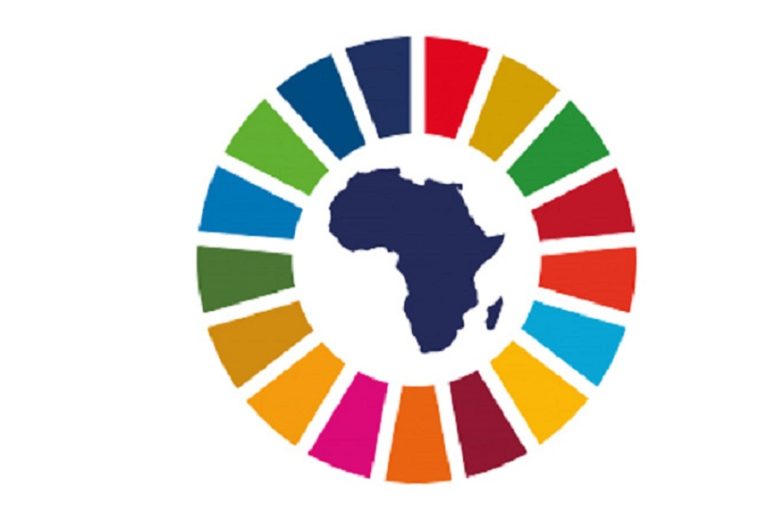Africa has experienced major strides in achieving economic harmonisation across national borders. This has been facilitated by major initiatives and programmes like the African Continental Free Trade Area (AfCFTA) that promotes free trade across African countries. Unfortunately, the continent has not been as successful with the harmonisation of a legal framework in Africa.
The legal harmonisation in Africa is a critical step that aims to foster economic integration, political stability, and social cohesion within Africa. The legal harmonisation of Africa aims to align legal frameworks across different countries to address common challenges, facilitate cross-border transactions, and strengthen regional unity. Legal harmonisation in Africa is crucial for growth and is a challenge that requires rigorous implementation.
Due to the diversity in cultures and languages affecting cross-border projects, it has been a major challenge within Africa. The same can be said about harmonising a legal framework within Africa. Africa has a complex patchwork of regulations governing trade and investment, human rights and environmental protection. This leads to inconsistencies and inefficiencies in cross-border interactions.
The disparity in legal systems and regulations is a major obstacle as it affects intra-African economic and socio-political activities. This disparity disrupts intra-African trade, hinders investment flows, and increases operational costs. Also, varying legal standards can greatly undermine regional efforts in addressing issues relating to climate change, health crises, and social inequality
The African Union (AU) has made efforts to promote legal harmonization across the continent. The AfCFTA although not primarily a legal initiative, makes legal provision that promotes a single market for goods and services across the continent. The AU has also advocated for the alignment of trade regulations, customs procedures, and standards. The AU’s Agenda 2063 makes provision for the legal harmonization of the continent to remove barriers to trade and investment, enhance regional cooperation, and build a unified legal framework.
Regional Economic Communities (RECs) have also made significant strides in promoting legal harmonization among their member states. The Economic Community of West African States (ECOWAS) through its Trade Liberalization Scheme (TLS) and Common External Tariff (CET) has worked on legal frameworks for cross-border trade, investment, and conflict resolution, to contribute to its regional stability and economic growth.
The East African Community (EAC) has adopted the creation of more common markets and customs unions to harmonise regulations related to trade, taxation, and labour standards. The same is applicable Southern African Development Community whose Protocol on Trade and its Regional Indicative Strategic Development Plan (RISDP) emphasizes legal alignment in trade and investment policies.
The legal harmonisation in Africa is challenged by the varying levels of legal development and capacity among African states. Countries with less developed legal systems struggle to adopt and implement harmonized regulations effectively. This brings up disparity among member states within the RECs or the continent at large.
Africa’s legal framework is made up of diverse legal traditions and practices that are influenced by a range of factors; civil law, common law, and customary law. This can be problematic while trying to imbibe these laws cross-border. These efforts can be hindered by national interests and resistance to ceding sovereignty over certain regulatory areas.
Overcoming these challenges requires a collaborative effort by all stakeholders involved to address common legal issues. Strengthening regional institutions, investing in legal capacity building, and fostering trust and cooperation among members are vital for advancing legal harmonisation in Africa.
It is imperative that Africa attains legal harmonisation to foster unity and collective advancement towards sustainable growth and development. The alignment of legal systems represents a technical and transformative process that has the potential to reshape Africa’s future.




